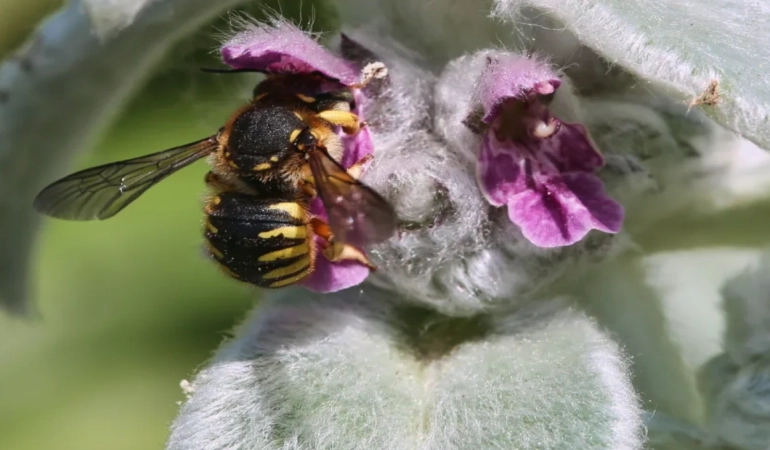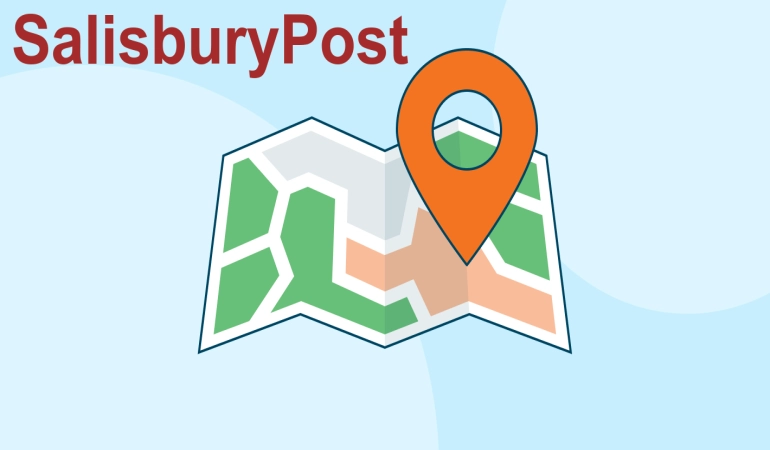Why We Should Rethink Our Hatred of Wasps
For centuries, wasps have had one of the worst reputations in the insect world. Unlike bees, which are celebrated for their honey and pollination, wasps are often dismissed as aggressive stingers with little value.
September 04, 2025 00:29
But science is painting a very different picture—one that suggests these misunderstood insects may be far more important to our lives, our health, and our planet than most people realize.
Nature’s Unseen Pest Controllers
Imagine a world without wasps. The absence of these predators would cause caterpillars, beetles, aphids, and other crop-damaging insects to multiply unchecked. Farmers and gardeners would be forced to rely heavily on chemical pesticides, harming the environment and food chains. Wasps quietly perform this service every day, acting as natural pest managers that keep ecosystems in balance.
Pollinators in Disguise
Although they don’t get the same praise as bees, wasps also play a vital role in pollination. Adults rely on nectar for energy, visiting flowers in much the same way bees do. In doing so, they help fertilize plants and maintain biodiversity. In fact, some plants are pollinated exclusively by wasps—a reminder that our ecosystems are more interconnected than we often think.
Medicine in Their Venom
Research into wasp venom has revealed promising medical potential. Certain species carry compounds that show the ability to target and kill cancer cells while sparing healthy tissue. Others produce antibiotic properties that could inspire new treatments for infectious diseases. Hidden within these feared insects may lie breakthroughs that could one day save lives.
A Surprising Source of Food
While many cultures avoid wasps, others actively embrace them as a food source. In Japan and parts of Southeast Asia, wasp larvae are considered a delicacy—nutritious, protein-rich, and low in fat. As global populations search for sustainable protein alternatives, insects like wasps may play a bigger role on future menus.
Masters of Engineering
Few people realize that wasps were making paper long before humans. Using plant fibers mixed with saliva, they craft delicate yet durable nests that resemble handmade paper. Some historians believe this natural engineering inspired early papermaking techniques.
Time for a Perspective Shift
Wasps may never enjoy the same level of admiration as butterflies or bees, but dismissing them as nothing more than a nuisance is a mistake. They are pest controllers, pollinators, potential life-savers, food providers, and even natural engineers.
The next time you see a wasp hovering nearby, instead of reaching for a swatter, consider this: that little insect may be contributing far more to the world than meets the eye.







